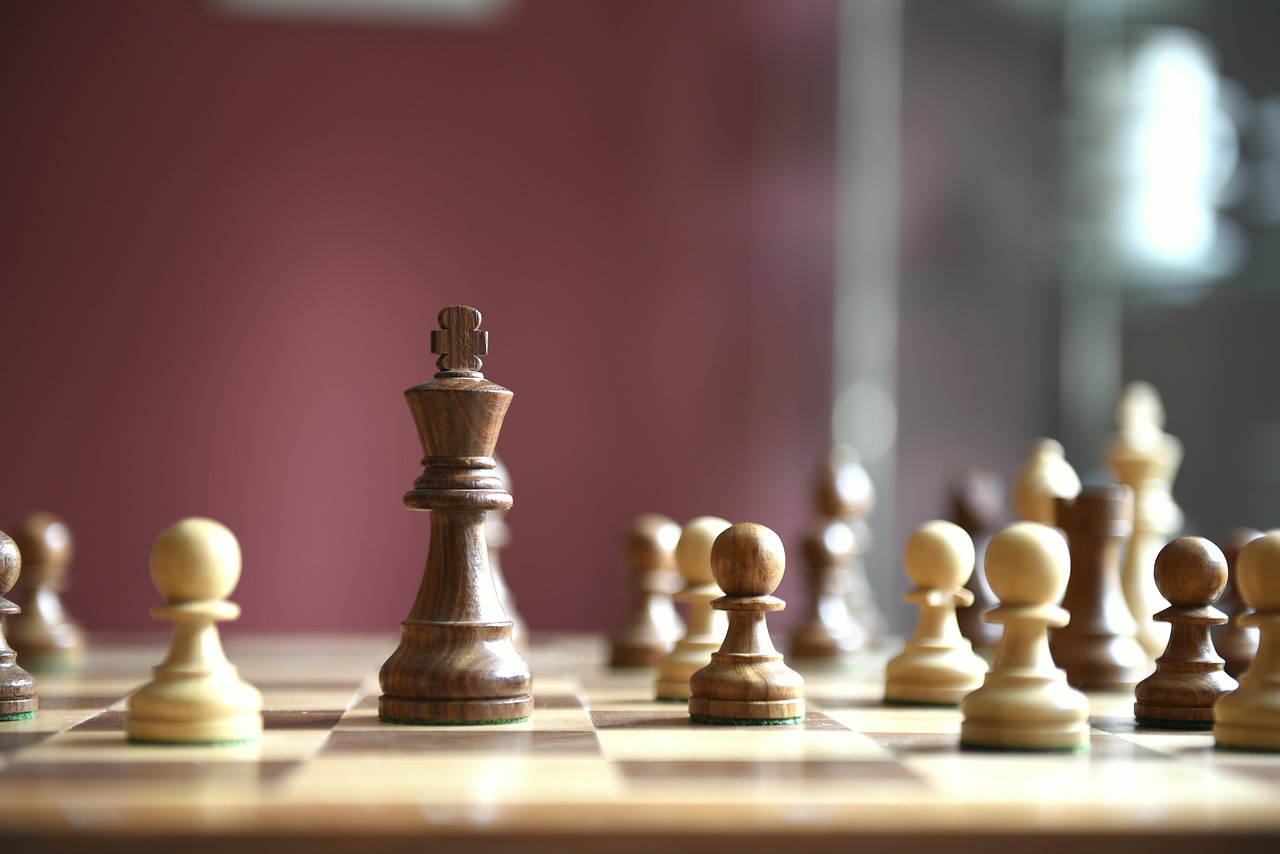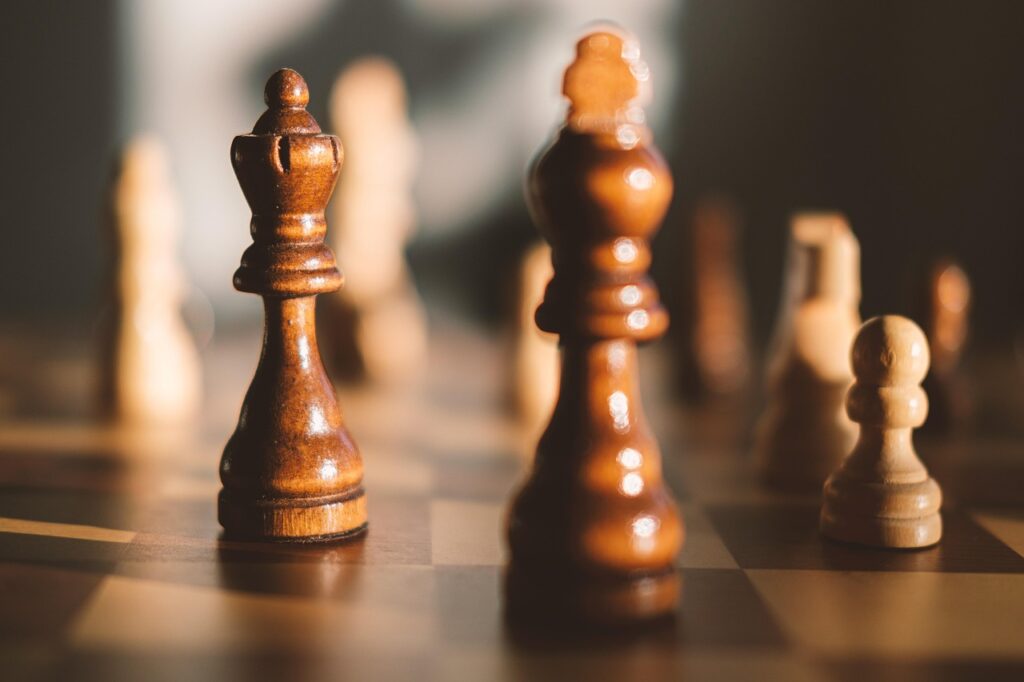Chess is more than just a board game—it’s a powerful educational tool that shapes young minds in extraordinary ways. At Checkmate Sensei Academy, we’ve seen firsthand how chess transforms children into confident, strategic thinkers. But what exactly makes chess such a valuable skill for kids?
1. Chess Enhances Cognitive Skills
Chess requires players to think ahead, plan moves, and anticipate their opponent’s strategy. This strengthens:
- Critical thinking
- Problem-solving
- Memory and concentration Studies show that children who play chess perform better in math and reading comprehension. It’s like a workout for the brain!
2. It Teaches Patience and Discipline
In a world of instant gratification, chess teaches kids to slow down and think. They learn:
- To wait for the right moment
- To analyze before acting
- To accept losses and learn from them
These are life skills that go far beyond the chessboard.
3. Chess Builds Emotional Resilience
Losing a game can be tough, especially for kids. But chess teaches them to:
- Handle defeat gracefully
- Reflect on mistakes
- Bounce back stronger
This emotional maturity helps them in academics, sports, and social situations.
4. It Encourages Social Interaction
Chess clubs and tournaments foster friendships and teamwork. Kids learn to:
- Respect opponents
- Communicate ideas
- Share strategies
At Checkmate Sensei Academy, our group classes are designed to be interactive and collaborative.
5. It Opens Doors to Opportunities
From school competitions to international tournaments, chess offers a platform for recognition and growth. Many of our students have:
- Earned FIDE ratings
- Represented their states and countries
- Gained scholarships and accolades
Final Thoughts
Chess is not just a game—it’s a lifelong skill. Whether your child is a beginner or already playing competitively, introducing them to chess is one of the best investments you can make in their future.




